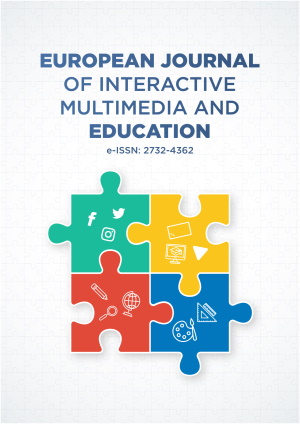Abstract
The study examined digital resources (DR) usage and academic performance of undergraduate students at the University of Africa, Toru-Orua, Bayelsa State, Nigeria (UAT). Four research questions and one hypothesis guided the study. The researchers used a descriptive survey design. The population of the study comprised 1,500 students at UAT, in the 2020/2021 academic session. The questionnaire was the instrument used for data collection. The questionnaire was validated by educational technology experts. Cronbach’s alpha was used to establish the reliability of the instrument which yielded 0.98. The instrument was administered by the researchers to all the students and was able to retrieve 1,342, which comprised 100 to 400 level students. Data were analyzed with frequency count, simple percentages, and statistical product and service solutions version 23 was used to generate the mean, standard deviation while Pearson’s product-moment correlation coefficient was used to test the hypotheses at 0.05 significant levels. The findings revealed that the level of usage of DR is low as only 4% of the students made use of DR daily. The study established that the students made use of the Internet resources, e-books, and online educational videos on YouTube, e-journals, and e-newspapers. It was also revealed that the students had a positive perception of the impacts of DR usage on their academic performance. Lastly, the test of the hypothesis one showed that there is a significant relationship between DR usage and the academic performance of undergraduate students at UAT. This implies that the increase in the DR usage do definitely increase the performance of the students at UAT. Result from hypothesis two revealed that there is a significant effect of DR usage on academic performance of students at UAT. Based on the findings, the researchers recommended that the university library management should create more awareness on the use of DR by conducting workshop, seminars, and through the use of social media platforms like Facebook, Twitter, and WhatsApp and hands-on training on the use of these resources should be actively promoted.
License
This is an open access article distributed under the Creative Commons Attribution License which permits unrestricted use, distribution, and reproduction in any medium, provided the original work is properly cited.
Article Type: Research Article
EUR J INTERACT MULTIMED ED, Volume 3, Issue 2, July 2022, Article No: e02213
https://doi.org/10.30935/ejimed/12491
Publication date: 02 Oct 2022
Article Views: 4146
Article Downloads: 7403
Open Access References How to cite this article
 Full Text (PDF)
Full Text (PDF)